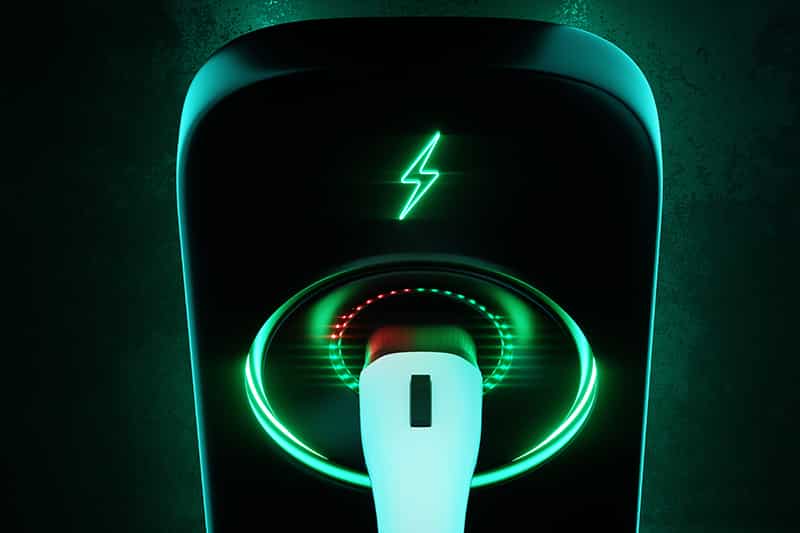As a business based in Milton Keynes, we were delighted to find out that MK Council secured £1.1 million to roll out residential electric vehicle charging points. It is encouraging news for the town as it forges ahead with its carbon neutral future.

However, the need for EV training for all those who are likely to work on electric/hybrid vehicles – from service and repair technicians to those working in the roadside recovery and blue light sectors and even employees driving electric fleet cars – needs to be addressed as a matter of urgency.
Earlier this month, during COP26, Steve Nash, CEO of the Institute of The Motor Industry (IMI), reported that there is set to be a serious shortfall in the number of technicians required to service electric vehicles by 2030.
As towns and cities forge ahead with installing EV infrastructure and the number of EV sales increase, a Milton Keynes garage has spoken of the need for greater training and education.
Blakelands-based garage, Unit 18, specialises in the service and repair of vehicles, and is a recognised repairer under the Volkswagen Group (VAG). With increased demand for repair work on electric/hybrid vehicles, the garage sent one of its vehicle technicians on an EV training course with Autotech Training.
Autotech Training offers Level 2 – Level 4 IMI electric/hybrid vehicle courses either from our EV training suite within our Linford Wood headquarters or at the client site. With electric vehicles for hands-on learning, we can also take our courses to the premises of any garage or organisation, keeping downtime to a minimum.
“Understandably, repair work on an electric vehicle is entirely different to a car with a combustion engine,” comments Alistair Dendy, Managing Director of Unit 18. “As an employer, I have a duty of care to ensure any vehicle technician working on an EV holds the necessary skills to work safely on, or around them.”
“In order to carry out any work on an EV, including simple wheel re-alignments and general modifications, the high voltage system needs to be safely isolated from the from the rest of the vehicle, and correctly re-instated once the work is carried out. This can take time, which raises another important factor – customers are largely unaware of this. There is a whole new level of education needed around electric vehicles.”
Alistair sent Unit 18 vehicle technician, Lee, on the two day IMI Level 3 electric/hybrid vehicle training course at Autotech Training, but the investment in preparing a garage for the anticipated inflow of EVs doesn’t end with the training: “We have installed charging points and purchased mandatory items needed to work on EVs including insulated rubber gloves and plastic tools. As an approved dealer garage, we also needed the Volkswagen Group’s ODIS (diagnostics) kit. Safety is key, along with maintaining the integrity of the vehicle being repaired.”
Autotech Training is an advocate for increasing the skill set of vehicle technicians and raising awareness of the need for greater EV training. Mandla Ndhlovu, our Training Delivery Director, comments: “It isn’t just training staff to be able to carry out repair work, many organisations, including local authorities, are increasingly booking entry level courses to equip their employees with the necessary knowledge of EVs if they are to drive an electric pool car for instance, or simply work in close proximity to one.”
To date, EV training isn’t regulated by the Government, something which is increasingly being lobbied by the automotive industry, including Autotech Group CEO, Gavin White, who sits on the board of the IMI’s TechSafe™ Sector Advisory Group.
As Alistair points out: “You can’t simply walk up to an electric train and start working on it, and the same should be the case for an electric vehicle.”
As Milton Keynes continues on its quest to become carbon neutral by 2030, with the installation of electric vehicle infrastructure popping up within residential areas, the education and training around these vehicles needs to intensify.
Mandla concludes: “We cannot lose sight of the fact that these are high-voltage vehicles, and, as an industry, we have a duty of care to ensure people have the necessary skills and knowledge to work safely on, or around EVs. Employers will also find themselves liable if an untrained employee is injured while working around an electric vehicle.”
For further information on the electric vehicle training offering from Autotech Training, click here.

